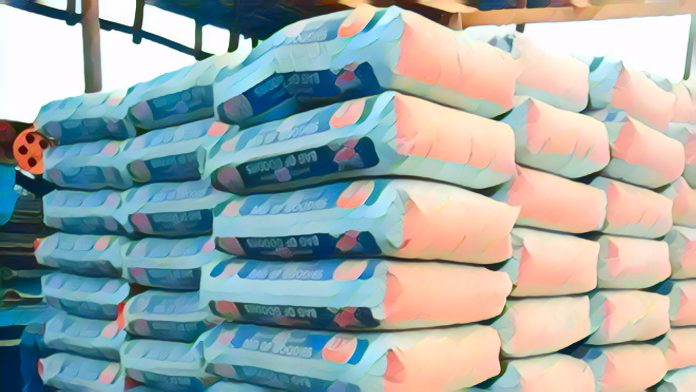Nigeria has been the country with the highest cement price in the world for about a decade, according to the Cement Producers Association of Nigeria (CEPAN). The association blames the monopoly in cement production and distribution by three major companies for the inflated cost of the commodity, which affects the construction and infrastructure sectors of the economy.
In a letter addressed to President Bola Tinubu, CEPAN urged the government to end the monopoly and allow other players with verifiable local investments in cement to participate in the market. The association also called for restoring the backward integration policy of the late President Umar Yar’Adua, which aimed to reduce the cement price and ensure its stability nationwide.
CEPAN noted that the profit margin of the three dominant cement producers in Nigeria is over 300 per cent, while bigger cement plants in other developed economies of Switzerland, China, Mexico, Taiwan, and India have profit margins between 13 per cent and 17 per cent. The association said this situation stifles competition, limits choices for consumers, and leads to exploitation of Nigerians.
The association also demanded a probe into utilising N13.2 billion in Cement Technology Funds, initiated under Yar’Adua’s government as part of an infrastructure drive. The fund, currently domiciled with the Bank of Industry, was meant to support local cement production and reduce the reliance on imports.
CEPAN said that Nigeria needs an additional seven to 10 million metric tonnes of cement per annum to meet the local demand, which has increased due to housing and infrastructure construction growth. The association said that the current production capacity of the three major cement producers, Dangote Cement, BUA Cement, and Lafarge Africa, is insufficient to bridge the demand gap.
The association expressed optimism that the intervention of President Tinubu would bring relief to the cement consumers and the economy at large. The association said that cement is the major requirement to bridge the infrastructure gap, housing deficit, revenue earner, and other construction activities in the country, and therefore, must meet demand at a reasonable price as in most parts of the world.
Source: Tribune Online



